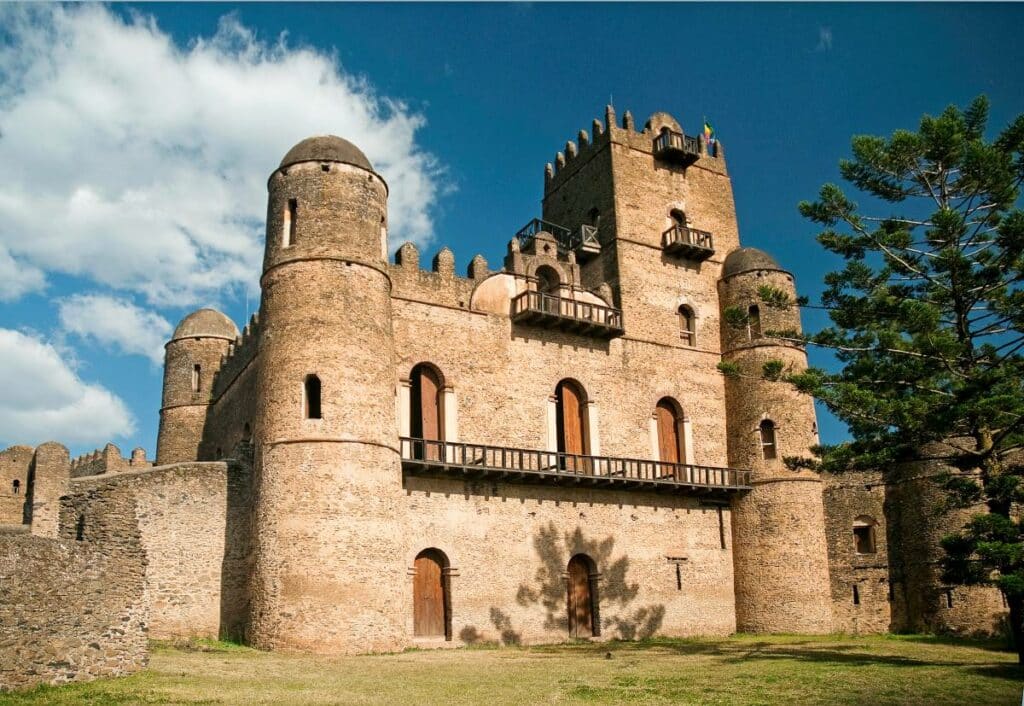The History of Ethiopia
Ancient Ethiopia
The history of Ethiopia dates back to the first millennium BCE when the region was first settled by Aksumites. Aksum was a powerful city-state in the northern part of Ethiopia that grew wealthy from trade with the Roman Empire and later the Persian Empire. Aksum was a major religious center, as it was believed to have been one of the sites of the Queen of Sheba’s visit to King Solomon. The Aksumite kingdom also had strong ties to Christianity, as it was the first Christian kingdom in Sub-Saharan Africa and the second globally. By the seventh century, Aksum had become the most powerful state in the region.
Middle Ages
The seventh century marked the start of the Zagwe Dynasty, a ruling dynasty of Ethiopian emperors that lasted until the late 13th century. During this period, Ethiopia became an important center of Islamic culture and trade. The Zagwe kings were tolerant of religious diversity, and allowed Islamic, Christian, and Jewish communities to coexist. This period also saw a new wave of immigration from the Arabian Peninsula.
The Solomonic Dynasty rose to power in the late 13th century and lasted until the late 20th century. The Solomonic Dynasty was important for introducing copious amounts of literature, arts, and culture to Ethiopia. This dynasty saw the conversion of the majority of Ethiopia to Christianity, the introduction of its own variant of the Ge’ez language, and the expansion of its borders. During this period, Ethiopian emperors also had control over large parts of North Africa, the Arabian Peninsula, and the Red Sea.
20th Century
The 20th century brought various changes to Ethiopia. In 1941, the country was occupied by British and Commonwealth forces during World War II. Ethiopia was then liberated by the British and Ethiopian forces in 1941, and Emperor Haile Selassie I returned to power in 1941. In 1974, a Marxist-Leninist military junta, the Derg, overthrew the Solomonic Dynasty. This junta was eventually overthrown in 1991 by a coalition of rebel groups known as the Ethiopian People’s Revolutionary Democratic Front (EPRDF).
In 1994, Ethiopia held its first democratic elections and the EPRDF won. Since then, Ethiopia has experienced political stability and economic growth. In 2018, reform-minded Prime Minister Abiy Ahmed was elected, ushering in an era of political reform and economic progress in the country.
21st Century
Since the election of Prime Minister Abiy Ahmed in 2018, Ethiopia has experienced the greatest period of peace and stability in its history. This period has seen the end of the two-decade old border dispute between Ethiopia and Eritrea, the liberalisation of much of the country’s political system, and the opening of the economy. Ethiopia has also seen economic growth, with the World Bank estimating that the country’s GDP grew by 8.5% in 2019. Ethiopia is now seen as one of the most promising countries in the African continent, and it is increasingly becoming a regional and international powerhouse.

